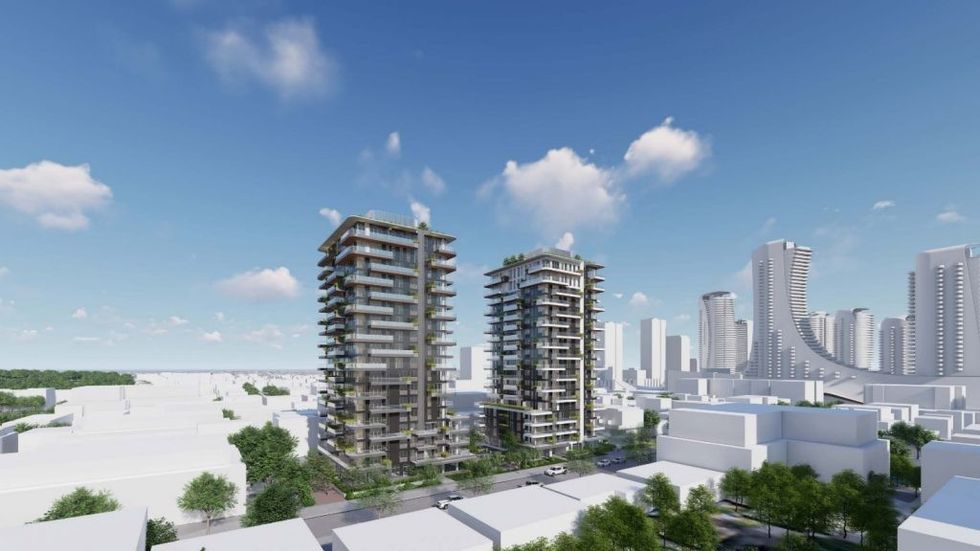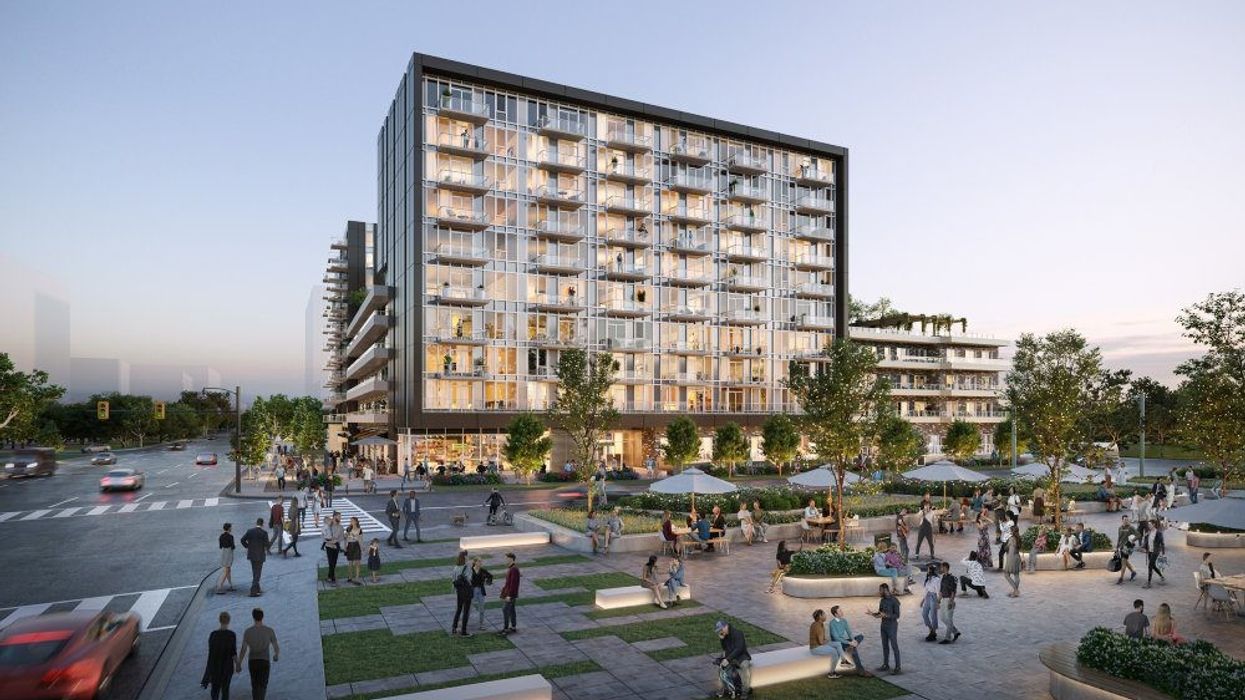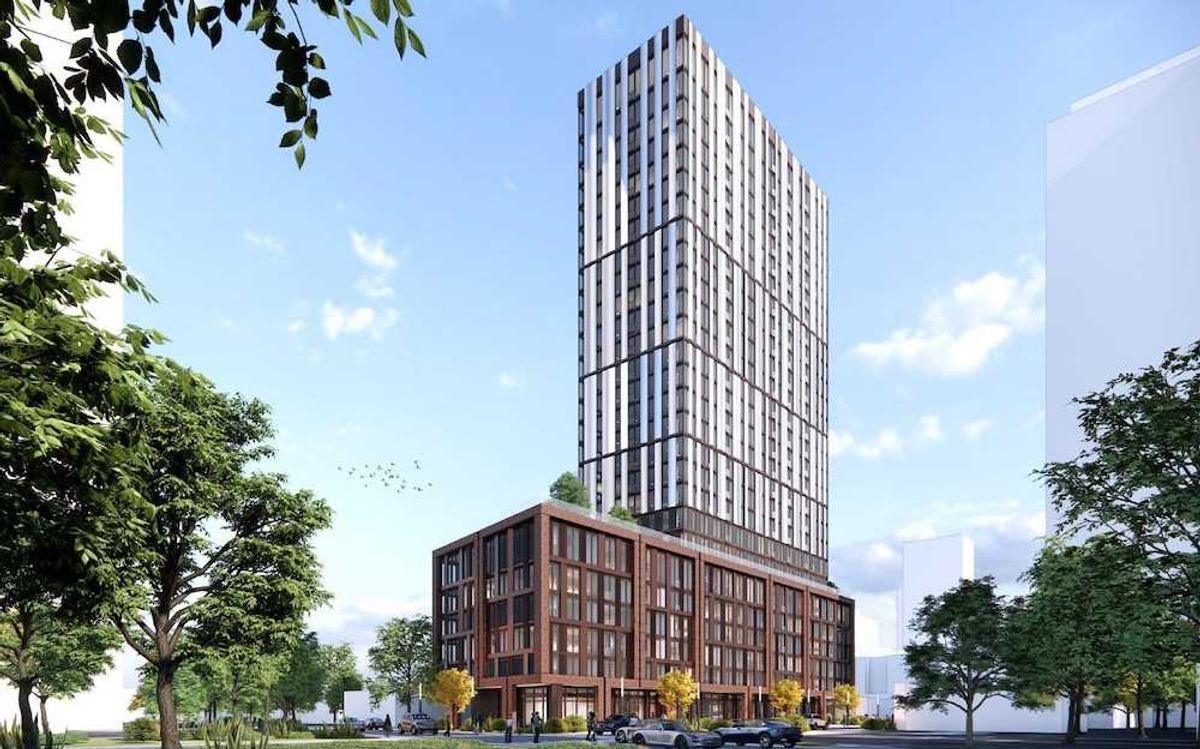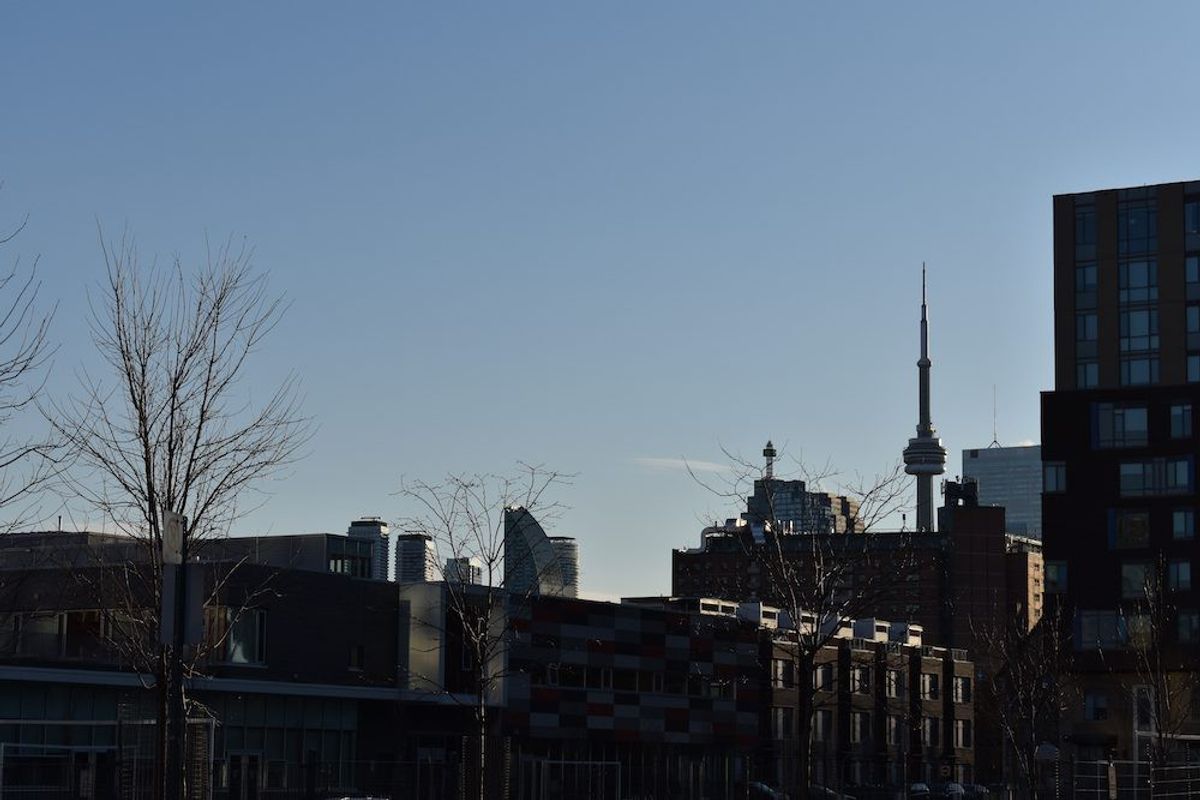This week, Coromandel Properties filed a petition with a Supreme Court of British Columbia seeking creditor protection via the Companies' Creditors Arrangement Act (CCAA), with the Vancouver-based developer now saddled with $700M in debt, court documents show.
"The Petitioners require time to seek further contributions of equity by the existing limited partners or the addition of new equity partners," the Court said. "At times when there have been cash flow issues, other entities within the Petitioners' group have had to make the shortfall by way of intercorporate advances for the Projects in order to finance the secured debt and continue the development processes currently underway."
Coromandel Properties has 16 active development projects in the City of Vancouver, with eight secured lenders on six projects having already issued default notices, as well as Notices of Intention to Enforce Security (Section 244 Notice). The six projects and their respective debts are:
- Alberta 40: $16.58M
- AC Nanaimo: $12.75M
- Cambie 45: $40M
- Georgia Court: $14.53M
- Laurel 57: $53.57M
- Southview Gardens: $21.42M, $50.81M, $8.32M
The aforementioned "Petitioners' group" includes Coromandel Properties Ltd., Coromandel Resorts Ltd., Coromandel Capital Ltd., CM Bay Holdings Ltd., CM Bay Investments Ltd., Baystone Properties Ltd., and Mulberry Capital Ltd., all of whom have "direct or indirect interests" in various projects.
"There are a number of Petitioners who granted guarantees as further security to the above secured loans," the Court said. "Many of those Petitioners have interests in a number of the Petitioners' other projects. As a result, the defaults have put the Petitioners assets and businesses at risk."
The financial difficulties are being attributed to the "complex, expensive, and slow" process to develop real estate in Vancouver, as well as worsening economic conditions this past year.
The Court notes that once a potential project is identified, it often takes years to purchase the adjacent properties to assemble the land required. The process of obtaining various approvals for various permits can add additional years to the timeline, on top of the developers having to spend significant amounts of time securing financing.
"Due to the rise of interest rates since 2022, the Petitioners have had difficulty servicing the secured debt on the Projects," the Court said. "In addition, the pace of developing the various Projects has been slower than anticipated due to the lengthy application process and the discussions with the City surrounding density potential and social housing requirements."
In January, a Canadian Home Builders' Association municipal benchmarking report found that development approval timelines in the City of Vancouver are three times slower, on average, compared to the City of Calgary, with timelines having increased since a previous iteration of the report. In addition, the City of Vancouver also charges the steepest development fees for high-rises in Canada, and has a building permit process that often involves negotiating with the City, further extending the timeline.
READ: Vancouver Approves Developments Nearly Three Times Slower Than Calgary
Slow development times, though not ideal, can be acceptable to developers; timelines that are unexpected and amorphous are often what frustrate them most. Longer-than-expected timelines can result in delays, which in turn result in increased costs in order to bring projects to completion. And while, eventually, this rise in total costs gets passed on to consumers, court documents show that various Coromandel projects are now unable to reach their latter stages, let alone full completion.
"There have been significant delays in moving Projects to completion, resulting in a lack of sales," the Court notes. "Due to foregoing issues and liquidity concerns, the Petitioners have been unable to meet their obligations as they fall due. The Petitioners have insufficient cash flow to complete development on the Projects, have been unable to refinance their existing debts and liabilities, or sell assets at sufficient prices to avoid loss, all in the face of demands for payment by their secured creditors. As a result, the development work on the various Properties is in jeopardy."
Beyond the aforementioned six projects, other Coromandel Properties projects include: three individual projects located near rapid-transit stations; a 29-storey strata tower and 15-storey hotel on Cambie Street and 43rd Avenue; and a project in Oakridge involving twin 18-storey strata buildings, a project which the City of Vancouver is currently holding a virtual open house for until February 19.

The latter two projects, as well as the 10-storey Frame project on Kingsway, both involve Peterson Group. The court documents show that Coromandel sold a significant portion of their interest in the Frame project to Peterson Group in order to raise the funds they needed for other projects. The sale was dated December 30, 2022, and Coromandel currently has a 26.25% interest in the Frame project, with an option to buy the shares back before March 28, 2023, for the $2,148,394.85 purchase price plus $70,000. Peterson Group also currently owns 50% of the Cambie and 43rd project, and 60% of the aforementioned project near Oakridge.
STOREYS reached out to Peterson Group for comment, but did not receive a response by time of publishing.
Coromandel also owns three parcels of land in Alberta, under Coromandel Badlands Holdings Ltd., but there is currently no debt associated with these properties.
In terms of assets and liabilities, Coromandel also owns land in the Northwest Territories, with a total assessed value of $120,300. Coromandel also has a lease for a 12,000 sq. ft office at 1188 West Georgia Street, managed by GWL Realty Advisors, a lease with a monthly cost of $19,892.50 began on December 1, 2018, and runs for 10 years. The Court notes that Coromandel is in good standing regarding payments of the lease.
READ: Vancouver Needs to Change its Building Permit Fee Processes: Audit
As to what happens now to the projects in various stages of development, the Court says Coromandel plans to continue construction on some of the projects, while obtaining breathing room, via the CCAA, to look at restructuring options or sales of their held assets. Coromandel reiterated this in a statement to STOREYS. Deloitte will be assisting Coromandel in that process, on a $100,000 retainer.
"Without the benefit of CCAA protection, the Petitioners will not be able to explore restructuring opportunities with the assistance of the monitor [Deloitte] and may be forced to liquidate their assets on a fire sale basis," the Court said.
"The recent rapid rise in interest rates has led to a temporary decline in the selling price for real estate in BC and Canada," the Court added. "Accordingly, a forced liquidation of the Projects will have a substantial detrimental impact on the return in value of the Projects. In a forced liquidation scenario, the return to all stakeholders will be diminished."
The hearing for an extension of the Stay Period and for ancillary relief will be held at the Vancouver Law Courts on 800 Smithe Street at 10:00 am on Thursday, February 16.




















